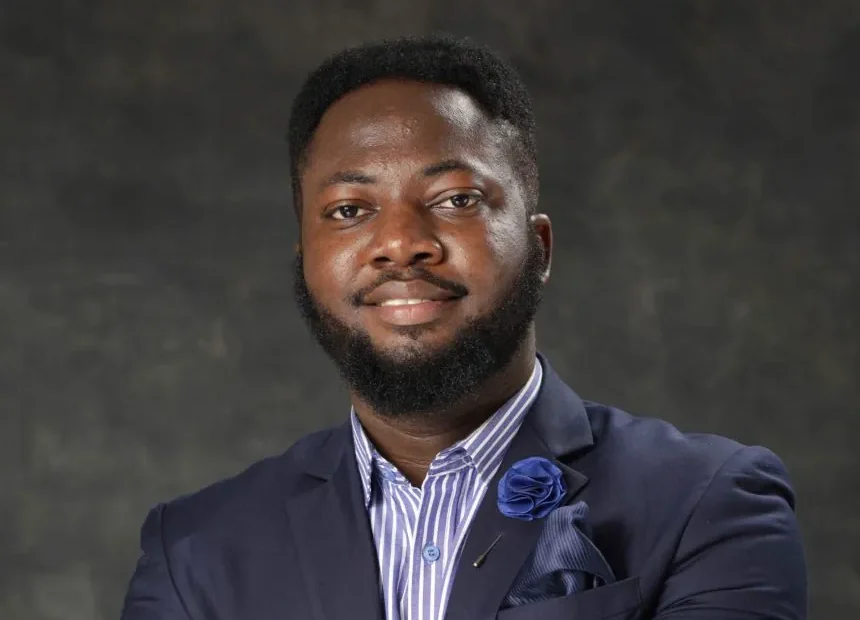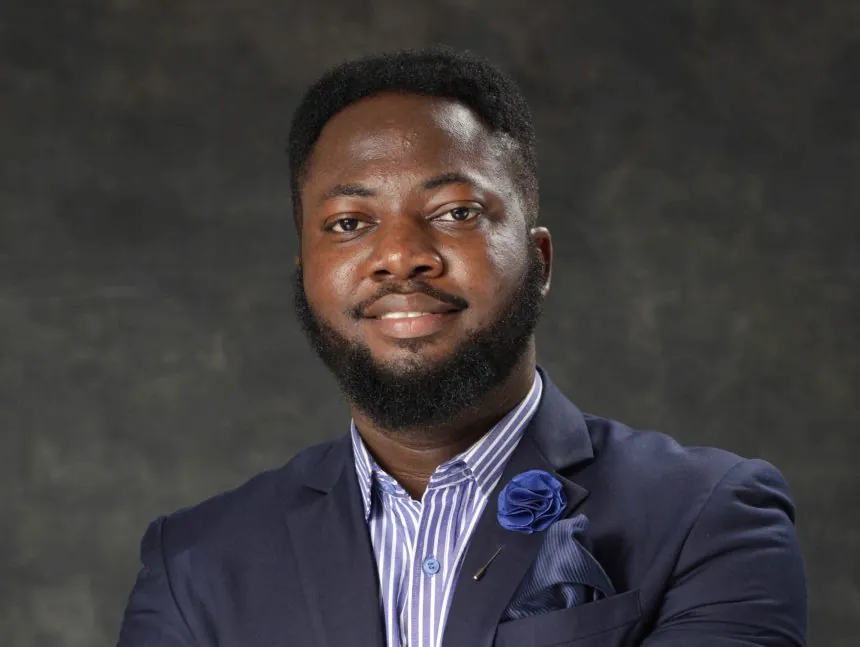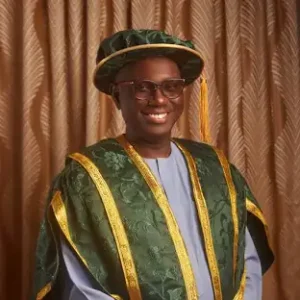FUTA Alumnus Sends Egusi Seeds into Space for Scientific Study


In a groundbreaking event for both Nigeria and the African continent, egusi (melon) seeds, a traditional component of West African dishes, are set to be launched into space in a unique scientific experiment led by Nigerian space researcher and Federal University of Technology, Akure (FUTA) alumnus, Temidayo Oniosun.
This project, which seeks to determine the nutritional and functional viability of egusi seeds for prolonged human space travel, will be launched on 31 July at 12:09 PM EDT (5:09 PM Nigerian time) aboard NASA’s Crew-11 resupply mission to the International Space Station (ISS) from Cape Canaveral, Florida.
This pioneering research represents the first occasion on which seeds originating from Nigeria will be transported to space, facilitated by a partnership with The Karman Project and Jaguar Space LLC, two organisations devoted to fostering international space collaboration and research.
Temidayo Oniosun, a prominent figure in the African space technology sector, highlighted the importance of the initiative via social media, stating, “I am sending egusi seeds to outer space to assess their suitability for nutritional and functional applications in long-term human space exploration. This is the first time in history that seeds from Nigeria will be going to space.”
The egusi seeds, which were collected from Oyo State, will travel aboard the same mission carrying experimental cargo managed by NASA astronaut and U.S. Navy Lieutenant Commander Jonny Kim, who has been designated to handle the transfer of experimental equipment between the Crew-11 Dragon spacecraft, the ISS, and Crew-10 Dragon.
Following their return to Earth, the egusi seeds will be subjected to comprehensive scientific evaluation in collaboration with Dr Wagner Vendrame, a distinguished Professor of Ornamental Micropropagation and Cryopreservation at the University of Florida.
Dr Vendrame leads an internationally acclaimed research initiative in plant tissue culture and cryopreservation, with applications that extend to orchids, decorative trees, foliage crops, and palms.
The analysis after the seeds’ exposure to space will include: in vitro germination to monitor potential morphological or physiological alterations and allow for the cloning of unique variants; spectral imaging to conduct a non-destructive examination of the seeds’ structural integrity and viability; respiration testing using a respirometer to measure metabolic activity; and molecular analysis in collaboration with a Brazilian partner to investigate gene expression changes that could explain any effects caused by space conditions.
“This research goes beyond agriculture; it’s about food security, adaptability, and scientific sovereignty in space exploration. If egusi can survive and thrive after exposure to space conditions, it opens new doors for indigenous crops in extra-terrestrial agriculture,” Oniosun noted.
The achievements of Temidayo Oniosun are being recognised as a major success in Nigerian scientific and academic circles, highlighting the country’s growing role in space-related research and innovation.
As an alumnus of FUTA and a strong advocate for Africa’s participation in international space conversations, Oniosun’s research project brings Nigeria into the spotlight of the emerging field of space agriculture.
The Vice Chancellor of FUTA, Professor Adenike Oladiji, expressed delight at the development and the contribution of the university’s former student, saying, “As the countdown begins, the world watches not just a rocket launch, but a symbol of African innovation hurtling beyond Earth’s atmosphere, seeded by home-grown potential, nurtured by academic excellence at the Federal University of Technology Akure Nigeria, and now touching the stars.”
Temidayo Oniosun earned a Bachelor of Technology degree in Meteorology from the Federal University of Technology, Akure in 2016, followed by a master’s degree in satellite applications from the University of Strathclyde, Glasgow, and a PhD from the University of Delaware.
In May 2015, while still a student at FUTA, he led the university’s space club in a project to launch a high-altitude balloon into space as part of a competition.
In 2016, he was honoured with the International Astronautical Federation Emerging Space Leadership Award for his contributions to the space sector.
He was elected as the regional coordinator for Africa at the Space Generation Advisory Council in February 2017 and was re-elected to serve a second term in 2019.








